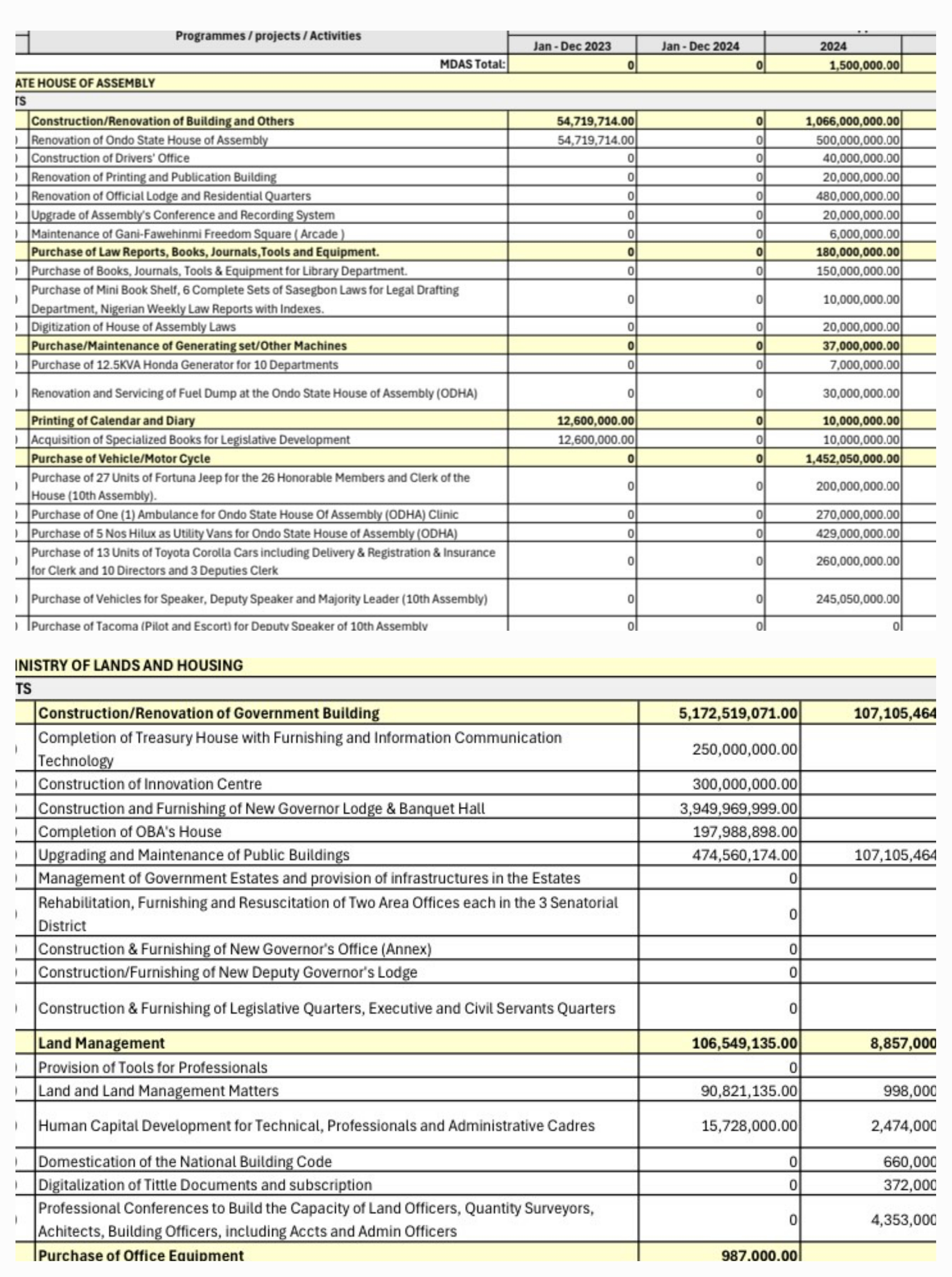
Minister of Environment, Balarabe Lawal
The Minister of Environment, Balarabe Lawal, has said that only one in 10 households in the country use clean energy sources and technologies for cooking.
This was just as he stated that implementing the National Clean Cooking Policy of Nigeria will attract about 10 million direct jobs among youths.
The minister said this in a press statement in Abuja on Saturday, signed by the ministry’s Head of the Press and Public Relations Unit, Ibrahim Haruna.
It read, “Nigeria is facing a silent energy crisis. Only one in 10 households in the country use clean energy sources and technologies for cooking.
“Traditional cooking with firewood and other polluting fuels such as kerosene and charcoal are claiming lives, causing deforestation, and contributing to the effect of climate change as well as putting a burden on women.
“Clean cooking solutions will save lives, empower women/youths, improve livelihood, and combat climate change,” Balarabe noted.
Recall that on May 27, 2022, the ministry inaugurated a National Clean Cooking Committee as part of the process of building the framework for the expansion of clean cooking energy access in Nigeria.
The committee developed the draft National Clean Cooking Policy to achieve access to clean cooking energy solutions for households and institutions by 2030.
The National Clean Cooking Policy of Nigeria was approved by the Federal Executive Council on March 25, 2024.
The goal of the policy is to mitigate greenhouse gas emissions, improve health, create jobs, build livelihoods, protect the environment, prevent deforestation, and help families, institutions, and businesses save time and money.
The minister said this would enable Nigeria to achieve the Nationally Determined Contribution target, net zero 2060, Energy Transition Plan, and carbon-neutral clean cooking future by the year 2060.
The statement added, “In line with the Energy Transition Plan, 20 per cent of the total clean cooking target shall come from electric cooking, comprising grid and off-grid sources, 54 per cent from Liquified Petroleum Gas.
“The share of fuel-efficient biomass cookstoves will rise to 13 per cent before its expected decline in a post-2030 clean cooking scenario. Other components of the 2030 target include three per cent for biogas, representing ethanol, biodiesel, and methanol, and five per cent representing briquettes from mostly agricultural wastes.
“It is worthy to note that the policy aligns with the clean cooking targets in the updated NDC (2021), National Climate Change Policy of Nigeria (2021-2030), Climate Change Act (2021, National Gas Policy (2017).
“This policy was unveiled at the 17th session of the National Council on Environment on April 24, 2024. It was subsequently launched during the National Clean Cooking Fair on July 18, 2024, in Abuja after the inauguration of the national implementation committee. The Policy would be implemented by the relevant Federal MDAs and transmitted to the 36 states and FCT, for buy-in and domestication.”
He emphasised that the ministry has visited major local clean cookstove manufacturing companies in Nigeria for collaboration to scale up the production of clean cookstoves and briquettes using local raw materials as well as training youths on production skills.
“The implementation of this policy will create about 10 million direct jobs among youths ranging from the assembling of local raw materials to production and chains of distribution of clean cookstoves in addition to the carbon credit earning which the development of national carbon market framework is in process.
“In conclusion, the Ministry is engaging development partners such as the World Bank for support and partnership in achieving the set targets which is in line with the Renewed Hope Agenda of Mr. President,” he stated.

 4 months ago
18
4 months ago
18















 English (US) ·
English (US) ·